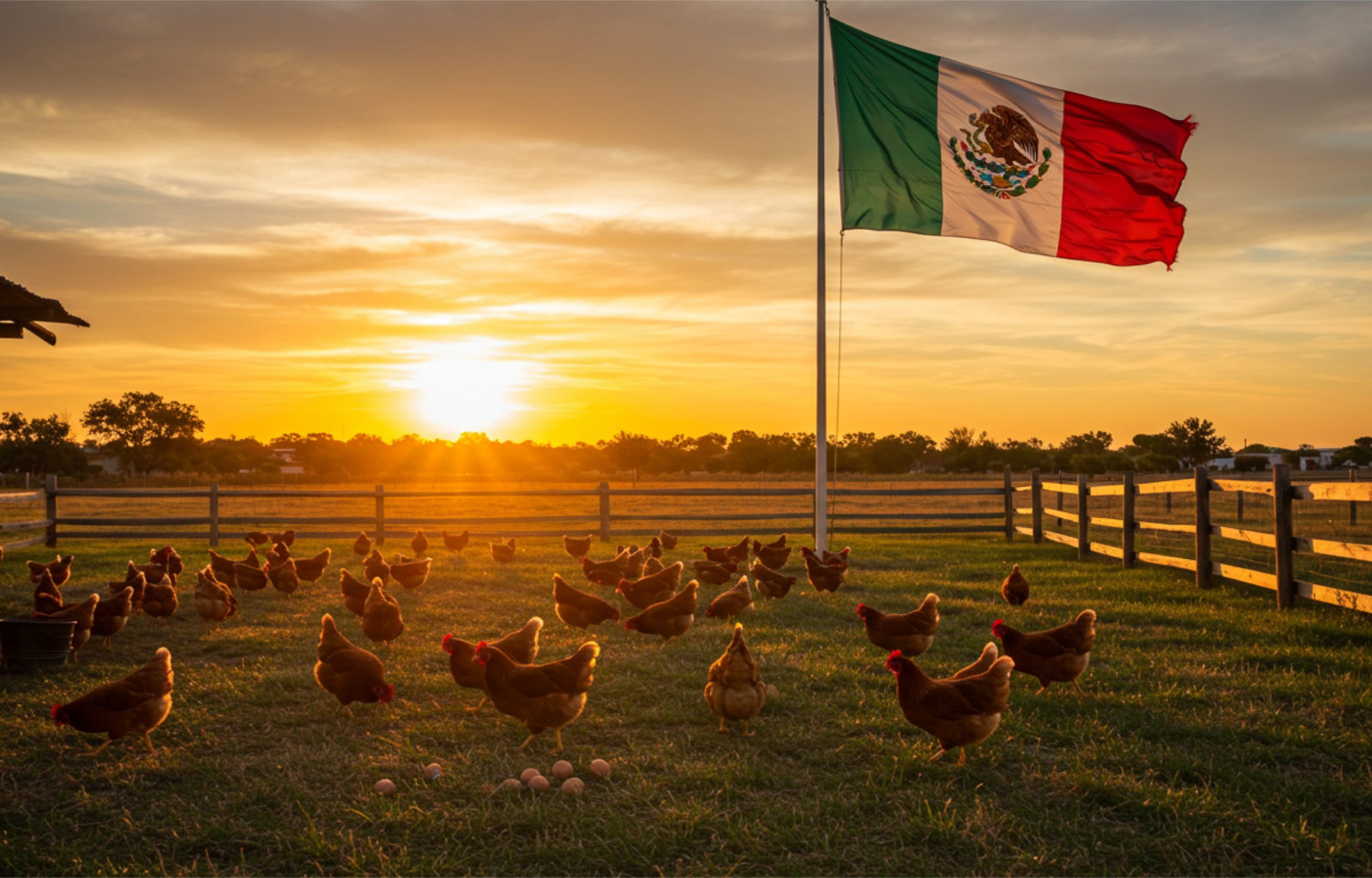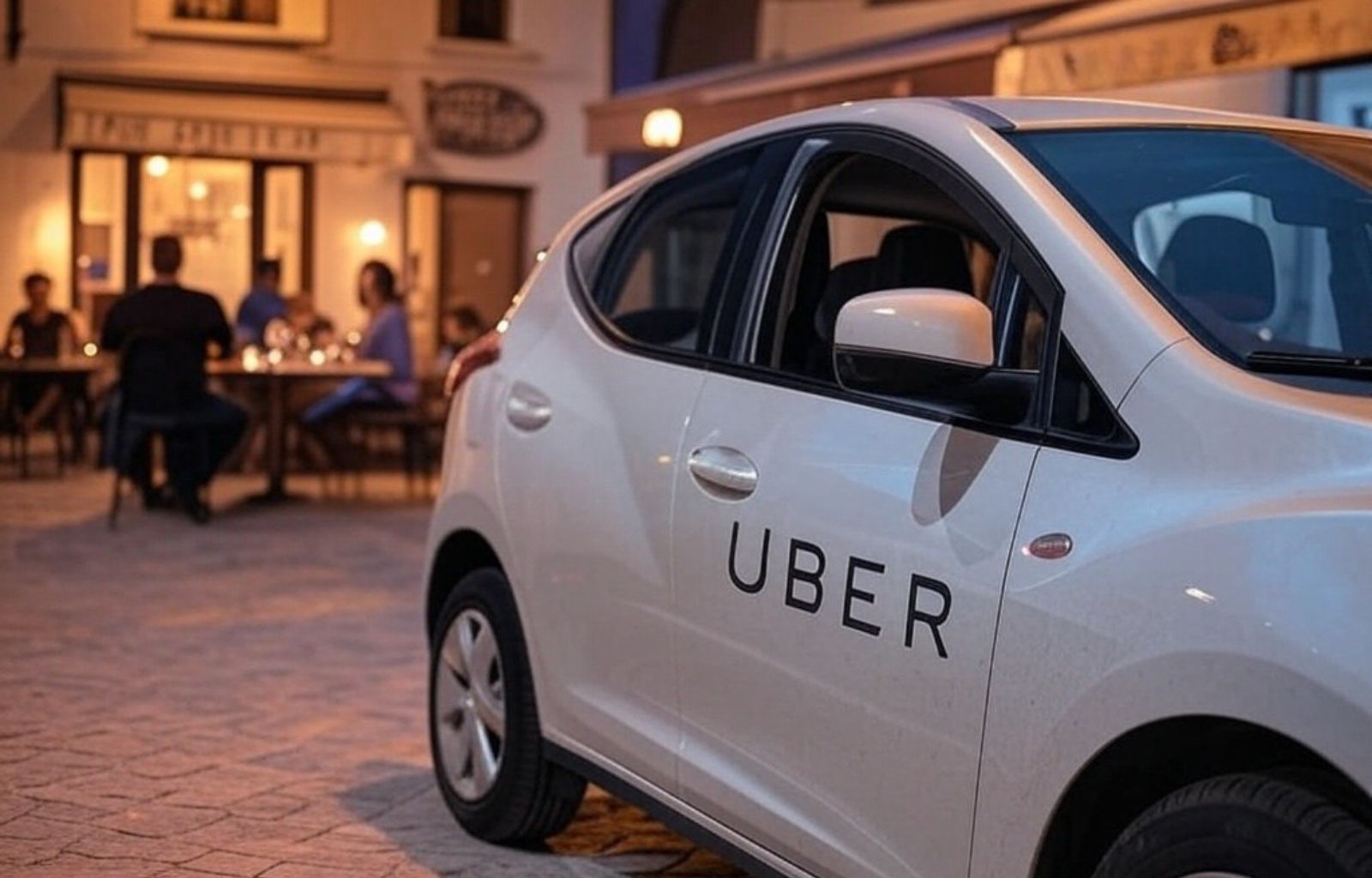Trump’s tariffs and Mexican smuggling eggs

This month, in the United States, the price of a dozen eggs has exceeded$ 8, due to the ongoing avian flu pandemic . A prohibitive sum for most American families, in a country where the monstrous figure of about 290 eggs per person per year is consumed. The emergency, apparently improving, has led to an unprecedented shortage of eggs, with scenes of war in supermarkets, where signs are posted warning of the rationing of America’s favourite breakfast food. To alleviate the crisis, the US Department of Agriculture was forced to send requests for help to producer associations in countries such as Denmark, Turkey and South Korea.
Smuggling: the new golden goose of crime
With the number of chickens dead or culled due to the virus exceeding 100 million since 2022, the shortage of poultry fit for consumption has also recently affected Mexico, which imports around 22% of it from the US and Brazil, resulting in supply collapses and price increases similar in percentage terms to those experienced north of the border. This has not been enough to stem the unprecedented phenomenon of smuggling Mexican eggs to Washington, in light of prices that still remain one third of those in the US. To give a measure of the phenomenon, in El Paso, Border Patrol agents have stopped more than 90 egg smugglers since the beginning of the year. As the Wall Street Journal reports, the seizure of poultry products smuggled into the country has increased by 36 per cent since October on a national basis, with peaks of 54 per cent at the Texas border and even 100 per cent in San Diego.
“This shows what consumers are willing to do in order to fight inflation,” the New Yorker newspaper concludes. A statement that sounds like an omen, since, as of 2 April, those same consumers will have an even better reason than bird flu to resort to smuggling: the 25% duties imposed on Mexico and Canada by Donald Trump. In fact, Mexico exports almost $600 billion worth of goods every year, 80% of which go north of the border; figures and percentages that match those of Canadian exports to Washington. The Central American country is also the state from which the US imports the most food and agricultural products, to the tune of over $6 billion a year in vegetables alone. Interviewed by Foreign Policy, economist Gary Hufbauer argues that, with duties at 25%, there would be an almost immediate increase in the prices of related foodstuffs “in step with the tariffs”: price increases, therefore, equal to a quarter of the price currently charged on extremely popular vegetables such as tomatoes, avocados and peppers.
From fentanyl to avocados, from cocaine to peppers
If the Americans are willing to take risks with Custom and Border Protection to remedy a problem that, at the moment, only concerns eggs, let alone when, as of 2 April, duty-induced inflation will affect a large part of the products to be served at the table. On the other side of the border, as is well known, hordes of criminal organisations, cartels and coyotes await, ready to bring supply and demand together – whether narcotics, chemicals, recreational drugs like fentanyl or vegetables. The organisation, on the other hand, has been well established for decades, and it would not be surprising if underground tunnels werefound where, together with cocaine, consignments of avocados cross the border.
Ultimately, Trump’s short-sightedness and protectionist fury are bound to favour the very organised crime that the tycoon claims to want to fight, even expanding its business and sphere of influence. Unintended consequences of economic dirigisme, Friedrich Von Hayek would call them. It is consumers who lose out, punctually, forced to choose between legal but unsustainably expensive goods and illegal goods that are cheaper but not subject to health and hygiene controls, which are essential to guarantee food safety. A curious choice for a president who has just won an election riding on the discontent of inflation.












